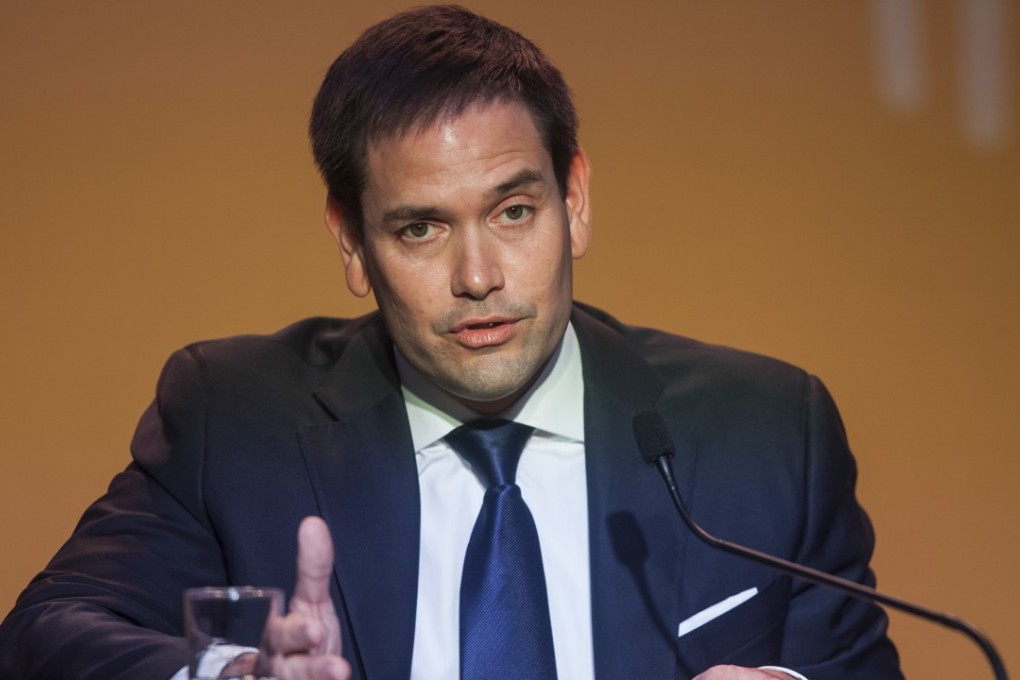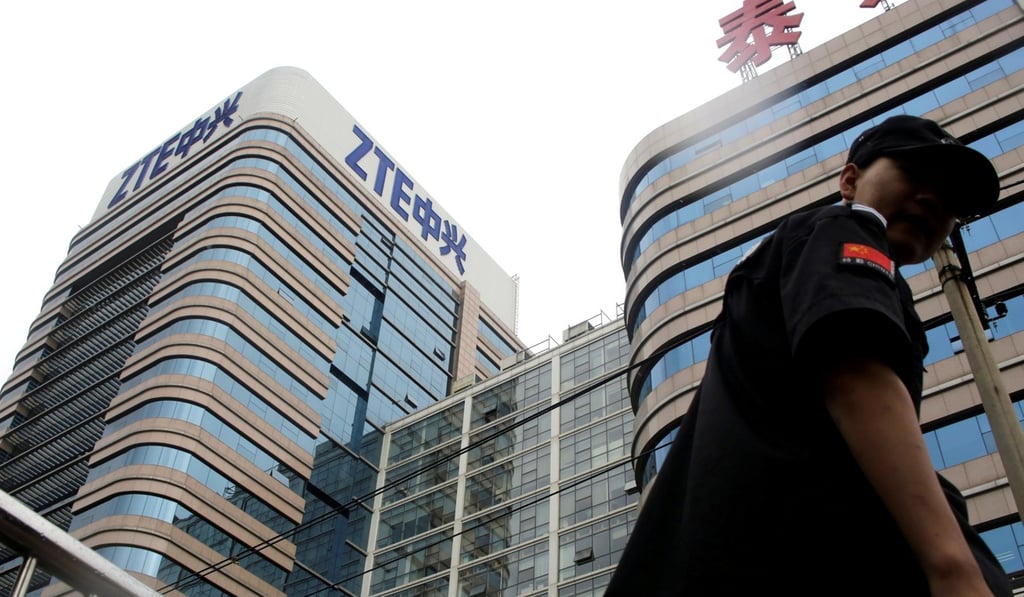‘Weak and shameful’: Legislators furious as Donald Trump wins bid to rescue ZTE from Congress ban
Senators bemoan a ‘cave on ZTE’ as the trade-off for a strengthening of foreign investment oversight

US President Donald Trump appears to have won out in his battle to save Chinese telecommunications equipment maker ZTE Corp from a seven-year ban on buying American-made components, with the White House beating opposition in Congress, senators have said.
In a trade-off, legislators have supported a strengthening of the inter-agency Committee on Foreign Investment in the United States (CFIUS), which analyses mergers and stock purchases by foreign companies for potential threats to national security.
Both measures are under consideration as amendments to the military appropriations budget. Both the House of Representatives and the Senate have passed their versions of the budget and it is in the process of being reconciled, with an eye toward reaching the president’s desk by the end of the month.

“Despite bipartisan support to put American national security before jobs in China, the Republican leadership refused to take any real, substantive action on ZTE,” said Democratic Senator Chris Van Hollen in a statement on Friday. “Instead, they joined President Trump in bowing to Beijing. It’s weak and shameful.”
In tweets on Thursday and Friday, Republican Senator Marco Rubio, also a strong supporter of the seven-year ban, said that some lawmakers had capitulated.